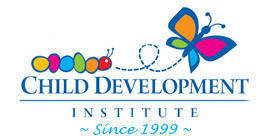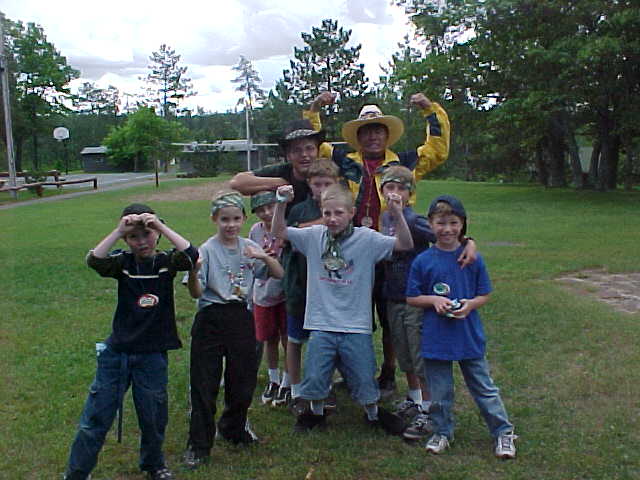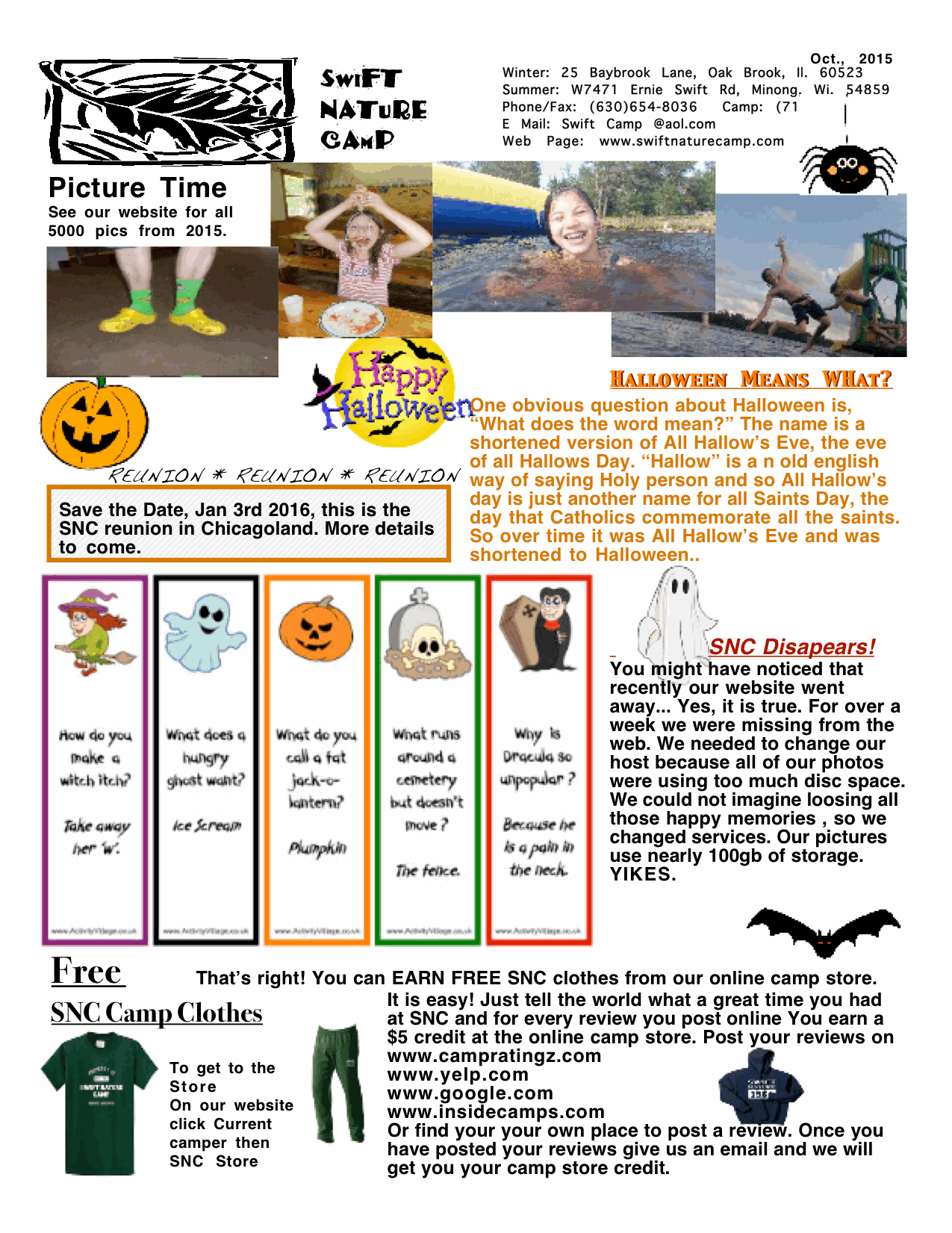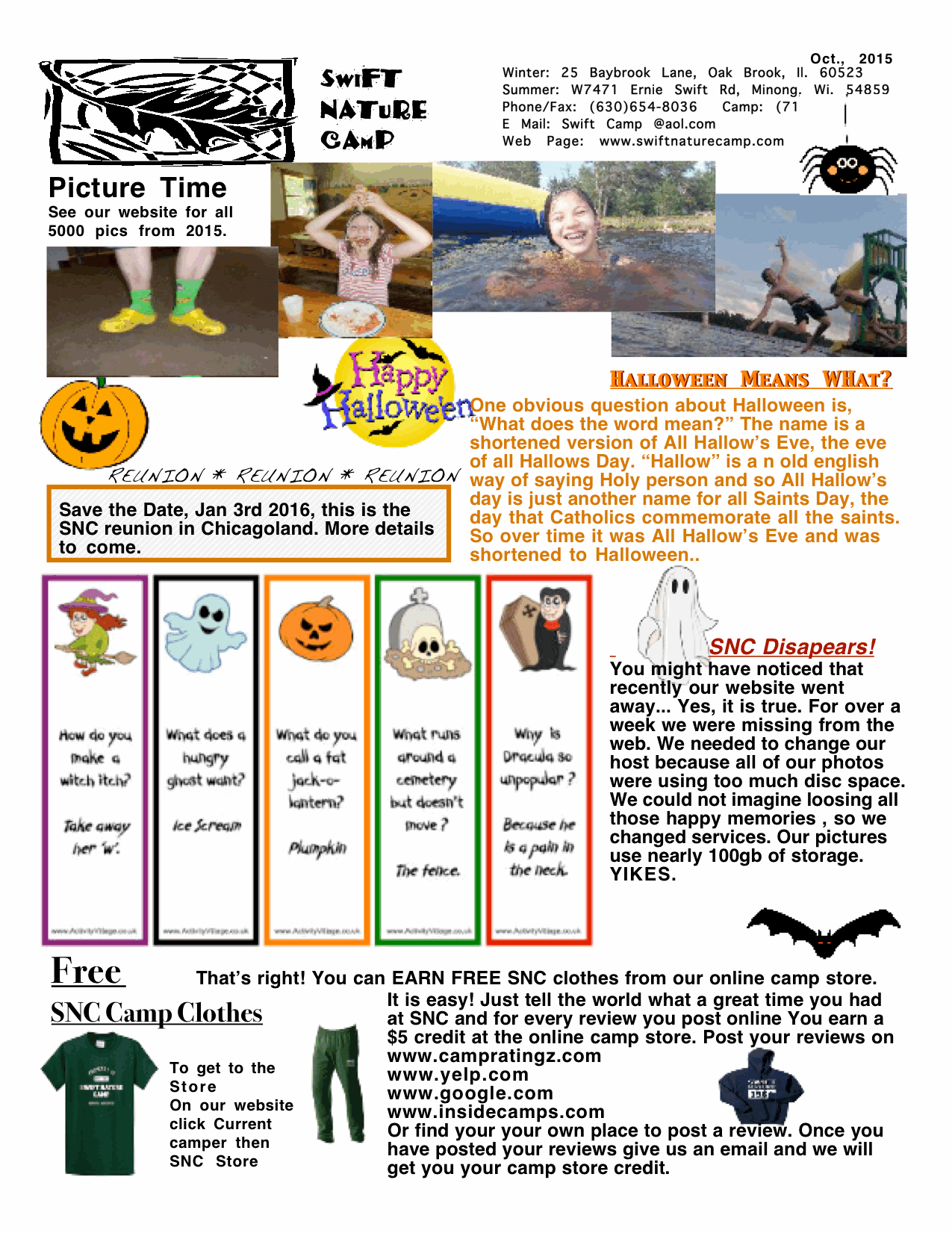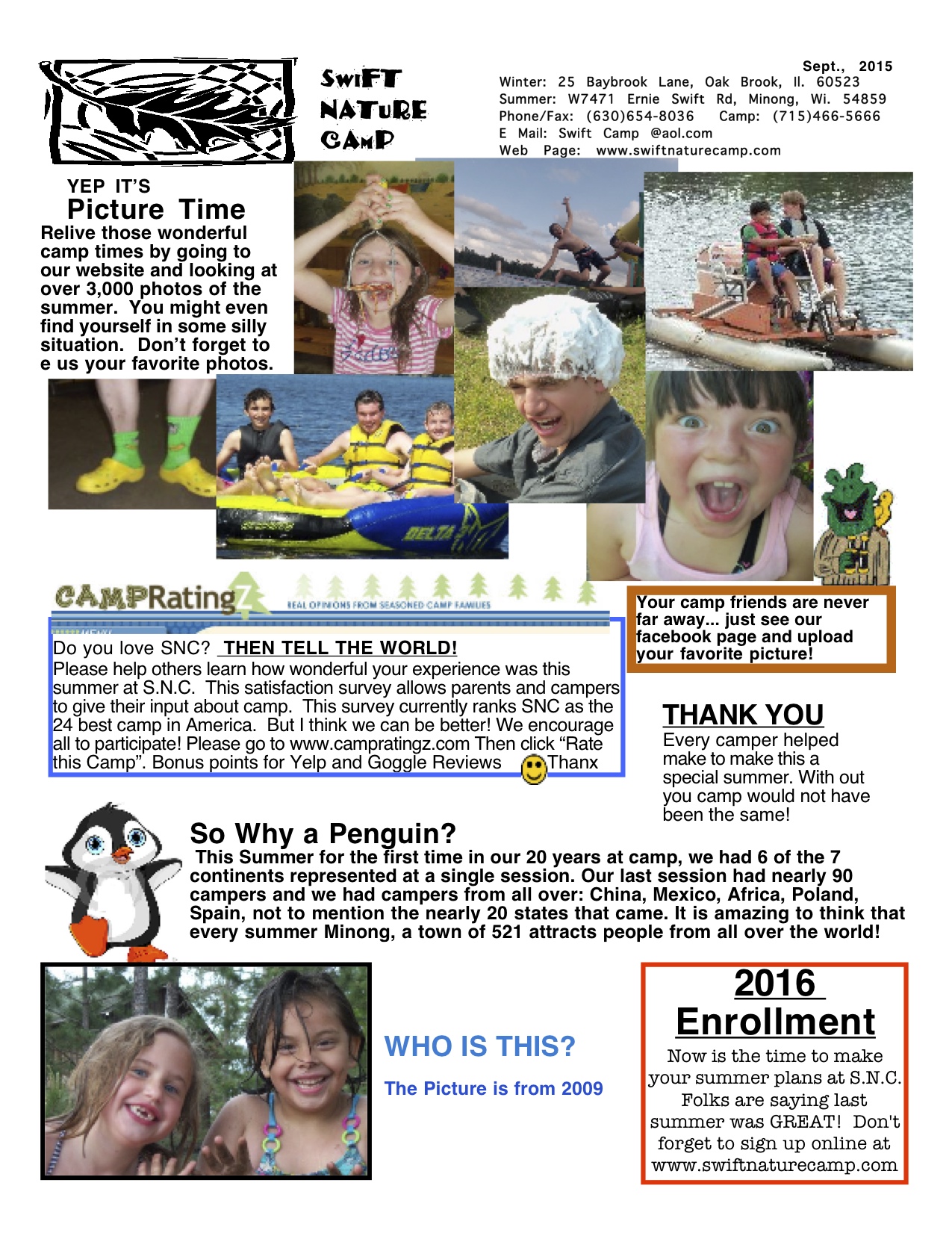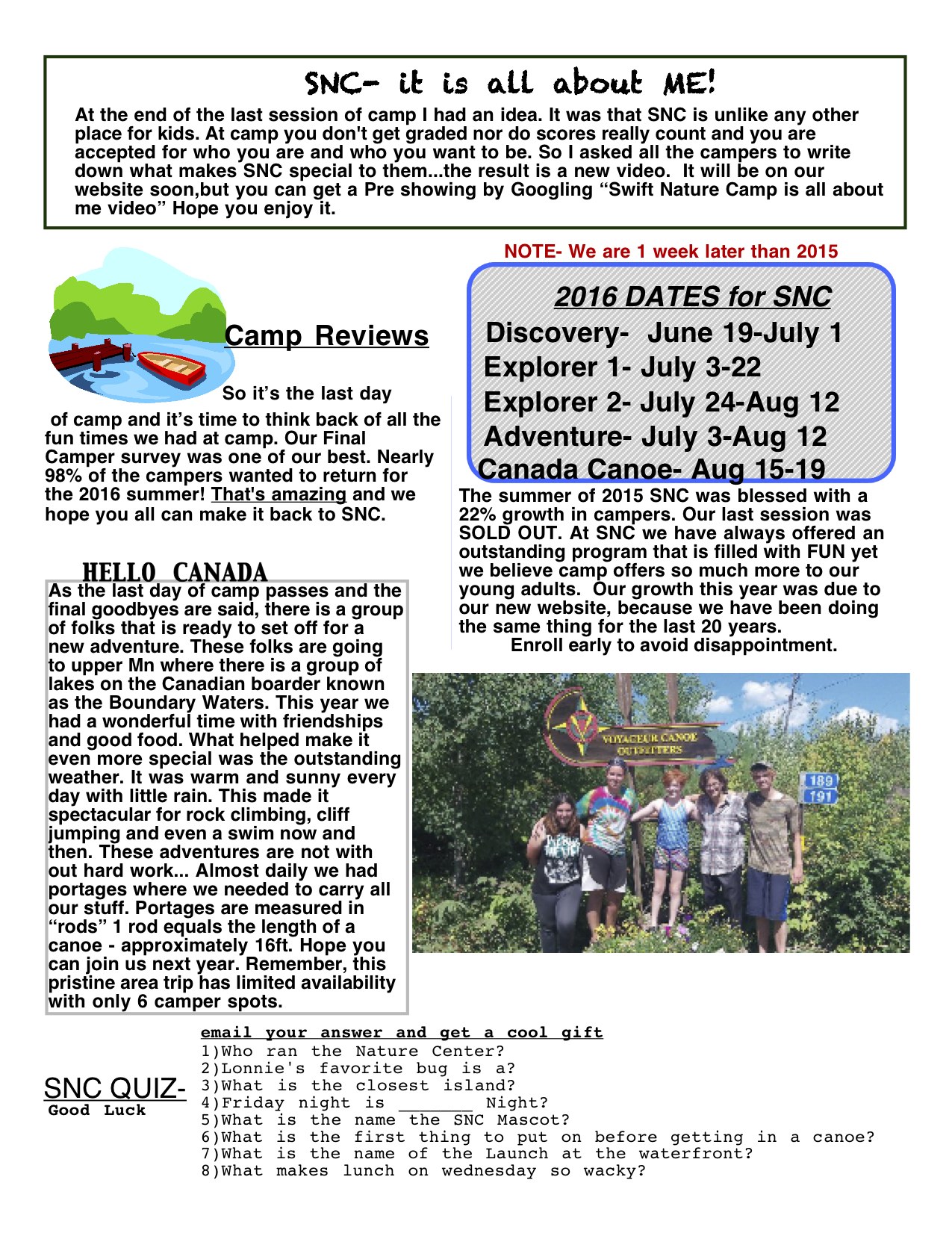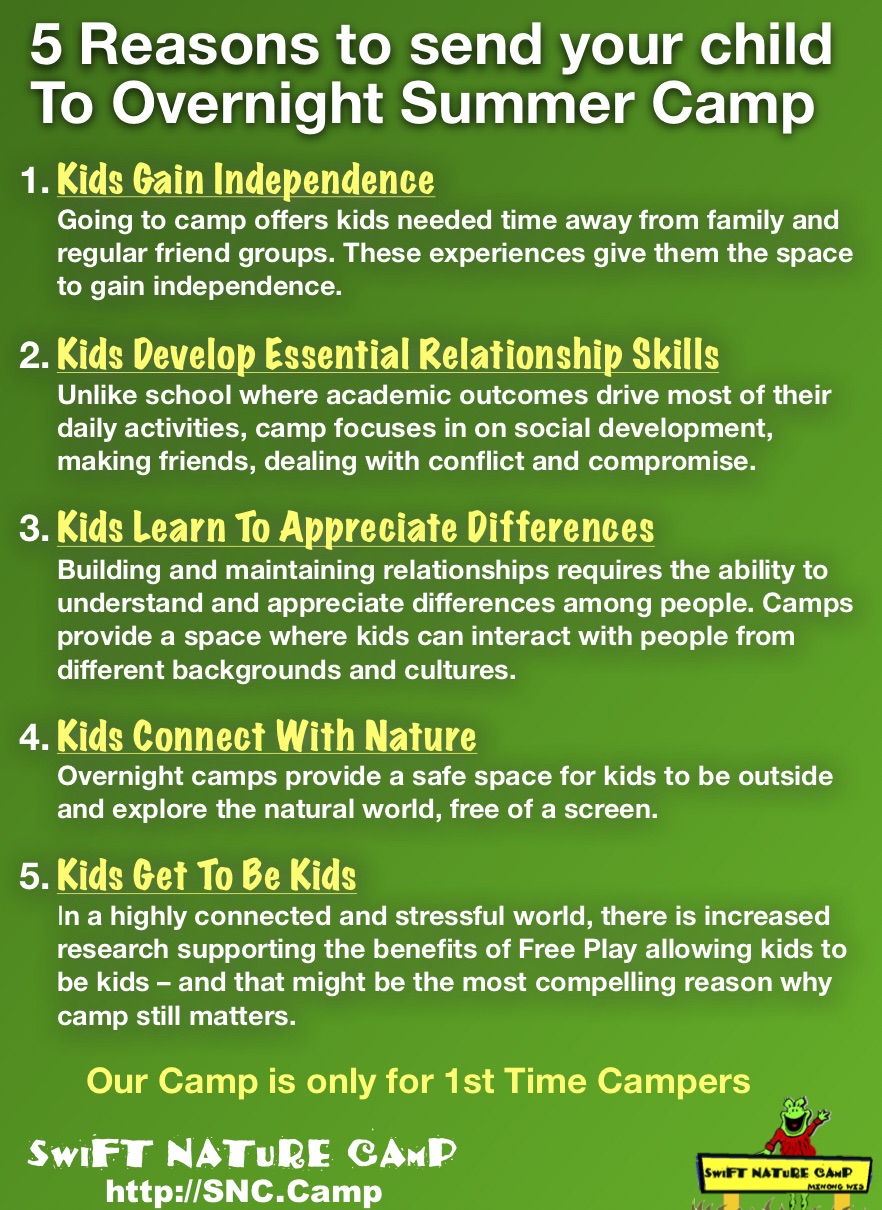As a parent I often wonder when conflict happens at home, What should I do to be a good role model for my child. We recently found this article and think it is a great read for every parent.

What Happens to Kids When Parents Fight
By Diana Divecha | January 26, 2016 |
Conflict between parents is inevitable—but it doesn’t have to hurt kids. Here’s how to turn a disagreement into a positive lesson.
When I was a child, my parents’ fights could suck the oxygen out of a room. My mother verbally lashed my father, smashed jam jars, and made outlandish threats. Her outbursts froze me in my tracks. When my father fled to work, the garage, or the woods, I felt unprotected.
“Children are like emotional Geiger counters,” says E. Mark Cummings, psychologist at Notre Dame University, who, along with colleagues, has published hundreds of papers over twenty years on the subject. Kids pay close attention to their parents’ emotions for information about how safe they are in the family, Cummings says. When parents are destructive, the collateral damage to kids can last a lifetime.
My experience led me to approach marriage and parenthood with more than a little caution. As a developmental psychologist I knew that marital quarrelling was inevitable. According to family therapist Sheri Glucoft Wong, of Berkeley, California, just having children creates more conflicts, even for couples who were doing well before they became parents. “When kids show up, there’s less time to get more done,” she says. “All of a sudden you’re not as patient, not as flexible, and it feels like there’s more at stake.”
But I also knew that there had to be a better way to handle conflict than the one I grew up with. When my husband and I decided to have children, I resolved never to fight in front of them. “Conflict is a normal part of everyday experience, so it’s not whether parents fight that is important,” says Cummings. “It’s how the conflict is expressed and resolved, and especially how it makes children feel, that has important consequences for children.”
Watching some kinds of conflicts can even be good for kids—when children see their parents resolve difficult problems, Cummings says, they can grow up better off.
What is destructive conflict?
In their book Marital Conflict and Children: An Emotional Security Perspective, Cummings and colleague Patrick Davies at the University of Rochester identify the kinds of destructive tactics that parents use with each other that harm children:
- 1. Verbal aggression like name-calling, insults, and threats of abandonment;
2. Physical aggression like hitting and pushing;
3. Silent tactics like avoidance, walking out, sulking, or withdrawing;
Capitulation—giving in that might look like a solution but isn’t a true one.
When parents repeatedly use hostile strategies with each other, some children can become distraught, worried, anxious, and hopeless. Others may react outwardly with anger, becoming aggressive and developing behavior problems at home and at school. Children can develop sleep disturbances and health problems like headaches and stomachaches, or they may get sick frequently. Their stress can interfere with their ability to pay attention, which creates learning and academic problems at school. Most children raised in environments of destructive conflict have problems forming healthy, balanced relationships with their peers. Even sibling relationships are adversely affected—they tend to go to extremes, becoming over-involved and overprotective of each other, or distant and disengaged.
Some research suggests that children as young as six months register their parents’ distress. Studies that follow children over a long period of time show that children who were insecure in kindergarten because of their parents’ conflicts were more likely to have adjustment problems in the seventh grade. A recent study showed that even 19-year-olds remained sensitive to parental conflict. Contrary to what one might hope, “Kids don’t get used to it,” says Cummings.
In a remarkable 20-year-old study of parental conflict and children’s stress, anthropologists Mark Flinn and Barry England analyzed samples of the stress hormone cortisol, taken from children in an entire village on the east coast of the island of Dominica in the Caribbean. Children who lived with parents who constantly quarreled had higher average cortisol levels than children who lived in more peaceful families. As a result, they frequently became tired and ill, they played less, and slept poorly. Overall, children did not ever habituate, or “get used to,” the family stress. In contrast, when children experienced particularly calm or affectionate contact, their cortisol decreased.
More recent studies show that while some children’s cortisol spikes, other children’s cortisol remains abnormally low and blunted, and these different cortisol patterns seem to be associated with different kinds of behavioral problems in middle childhood. Other physiological regulatory systems can become damaged as well, such as the sympathetic and parasympathetic branches of the autonomic nervous system—these help us respond to a perceived threat but are also the “brakes” that rebalance and calm us.
In 2002, researchers Rena Repetti, Shelley Taylor, and Teresa Seeman at UCLA looked at 47 studies that linked children’s experiences in risky family environments to later issues in adulthood. They found that those who grew up in homes with high levels of conflict had more physical health problems, emotional problems, and social problems later in life compared to control groups. As adults, they were more likely to report vascular and immune problems, depression and emotional reactivity, substance dependency, loneliness, and problems with intimacy.
Avoiding conflict is not a solution
Some parents, knowing how destructive conflict can be, may think that they can avoid affecting their children by giving in, or capitulating, in order to end an argument. But that’s not an effective tactic. “We did a study on that,” Cummings said. According to parents’ records of their fights at home and their children’s reactions, kids’ emotional responses to capitulation are “not positive.” Nonverbal anger and “stonewalling”—refusing to communicate or cooperate—are especially problematic.
“Our studies have shown that the long-term effects of parental withdrawal are actually more disturbing to kids’ adjustment [than open conflict],” says Cummings. Why? “Kids understand hostility,” he explains. “It tells them what’s going on and they can work with that. But when parents withdraw and become emotionally unavailable, kids don’t know what’s going on. They just know things are wrong. We’re seeing over time, that parental withdrawal is actually a worse trajectory for kids. And it’s harder on marital relationships too.”
Kids are sophisticated conflict analysts; the degree to which they detect emotion is much more refined than parents might guess. “When parents go behind closed doors and come out acting like they worked it out, the kids can detect that,” says Cummings. They’ll see you’re pretending. And pretending is actually worse in some ways. As a couple, you can’t resolve a fight you’re not acknowledging you’re having. Kids will know it, you’ll know it, but nothing will be made in terms of progress.”
On the other hand, he says, “When parents go behind closed doors and are not angry when they come out, the kids infer that things are worked out. Kids can tell the difference between a resolution that’s been forced versus one that’s resolved with positive emotion, and it matters.”
How to make conflict work
“Some types of conflicts are not disturbing to kids, and kids actually benefit from it,” says Cummings. When parents have mild to moderate conflict that involves support and compromise and positive emotions, children develop better social skills and self-esteem, enjoy increased emotional security, develop better relationships with parents, do better in school and have fewer psychological problems.
“When kids witness a fight and see the parents resolving it, they’re actually happier than they were before they saw it,” says Cummings. “It reassures kids that parents can work things through. We know this by the feelings they show, what they say, and their behavior—they run off and play. Constructive conflict is associated with better outcomes over time.” Children feel more emotionally secure, their internal resources are freed up for positive developmental growth, and their own pro-social behavior toward others is enhanced. In fact, many child behavior problems can be solved not by focusing on the child, or even the parent-child relationship, but simply by improving the quality of the parents’ relationship alone, which strengthens children’s emotional security.
Even if parents don’t completely resolve the problem but find a partial solution, kids will do fine. In fact, their distress seems to go down in proportion to their parents’ ability to resolve things constructively. “Compromise is best, but we have a whole lot of studies that show that kids benefit from any progress toward resolution,” says Cummings.
Both Cummings and Glucoft Wong agree that children can actually benefit from conflict—if parents manage it well. “Parents should model real life…at its best,” says Glucoft Wong. “Let them overhear how people work things out and negotiate and compromise.”
However, both also agree that some content is best kept private. Discussions about sex or other tender issues are more respectfully conducted without an audience. Glucoft Wong encourages parents to get the help they need to learn to communicate better—from parenting programs, from books, or from a therapist.
My own parents’ conflict no longer has the hold on me that it once did, thanks to careful work and a loving marriage of my own of thirty years. Our two daughters are now in their twenties and secure in their own loving partnerships, and I hope that the lessons of their childhood hold. When they were preschoolers and interrupted our disagreements with concern, my husband and I would smile and reassure them with our special code: I held my fingers an inch apart and reminded them that the fight was this big, but that the love was this big—and I held my arms wide open.
Conflict Tips
Courtesy of Sheri Glucoft Wong.
1. Lead with empathy: Open the dialog by first letting the other person know that you see them, you get them, and you can put yourself in their shoes.
2. Give your partner the benefit of the doubt: Assume the best intentions and help yourself remember that you love each other by adding an endearment.
3. Remember that you’re on the same team. Deal with issues by laying all the cards on the table and looking at them together to solve a dilemma rather than digging in on opposing sides. Then problem-solve with one another.
4. Constructive criticism only works when your partner can do something about what happened. If the deadline for soccer signup was already missed, remedy the current situation as best as possible and talk about how to do it better next time. Blaming won’t fix anything that’s already happened.
5. Anything that needs to be said can be said with kindness. Disapproval, disappointment, exasperation—all can be handled better with kindness.
At Swift Nature Camp we understand conflict is a part of life not only at home but at camp. Our goal is to use the above conflict tips when addressing those disagreements that are bound to arise when you have 8 children living together.







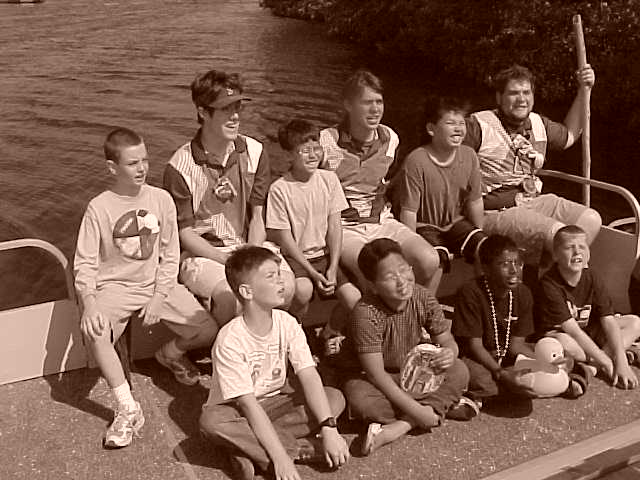 We want the best for our children. Yet, for myself, as a parent of a 14 year old son, I often look back and think of a simpler, less connected time. A time when the Andy Griffith show roll modeled how life should be. I want my son to know what these times were like and connect with them. But, as I nostagically look back to these simpler days am I limiting the skills he will need for the 21st Century? To make this even more complicated our son is Homeschooled. So where can I turn to give my child an advantage in years and decades to come?
We want the best for our children. Yet, for myself, as a parent of a 14 year old son, I often look back and think of a simpler, less connected time. A time when the Andy Griffith show roll modeled how life should be. I want my son to know what these times were like and connect with them. But, as I nostagically look back to these simpler days am I limiting the skills he will need for the 21st Century? To make this even more complicated our son is Homeschooled. So where can I turn to give my child an advantage in years and decades to come?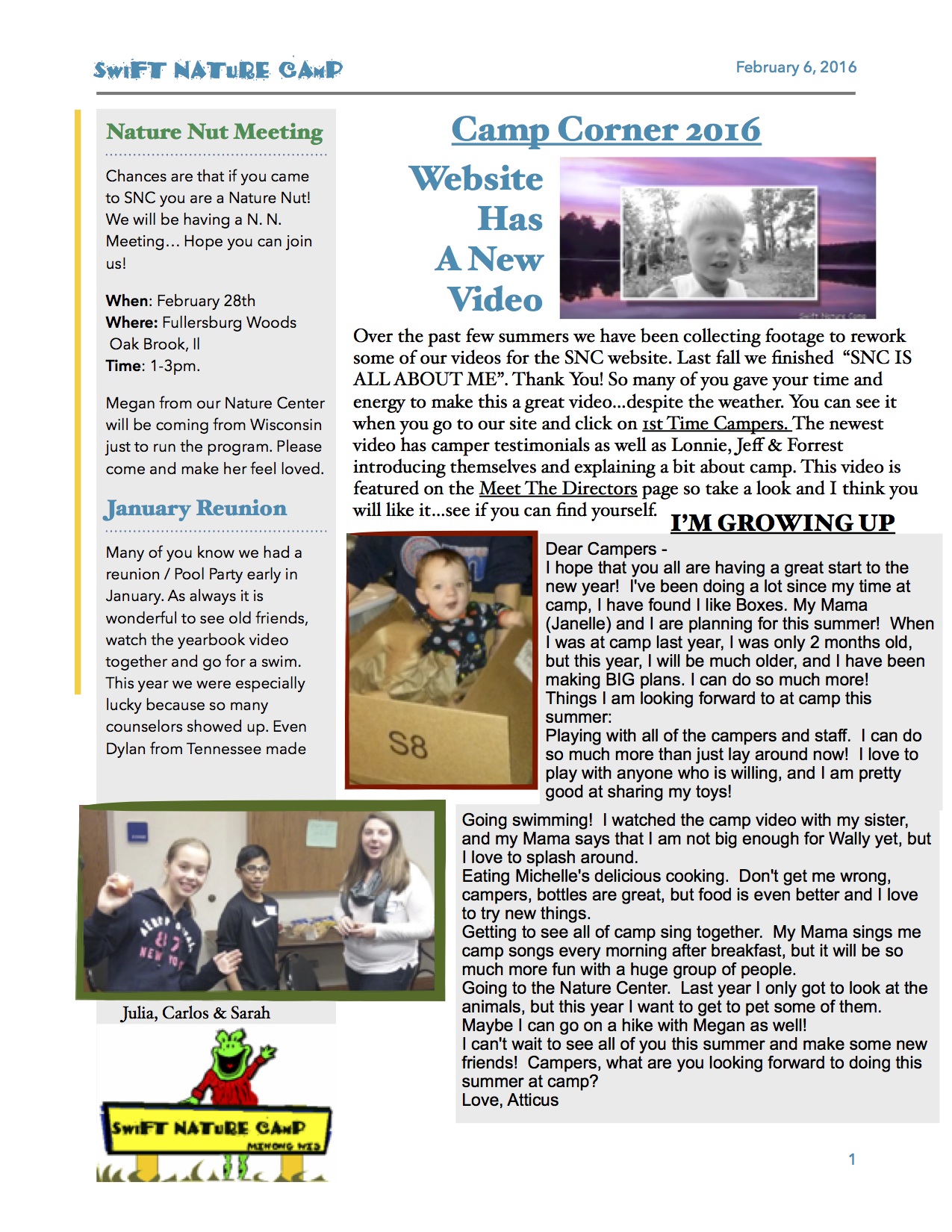

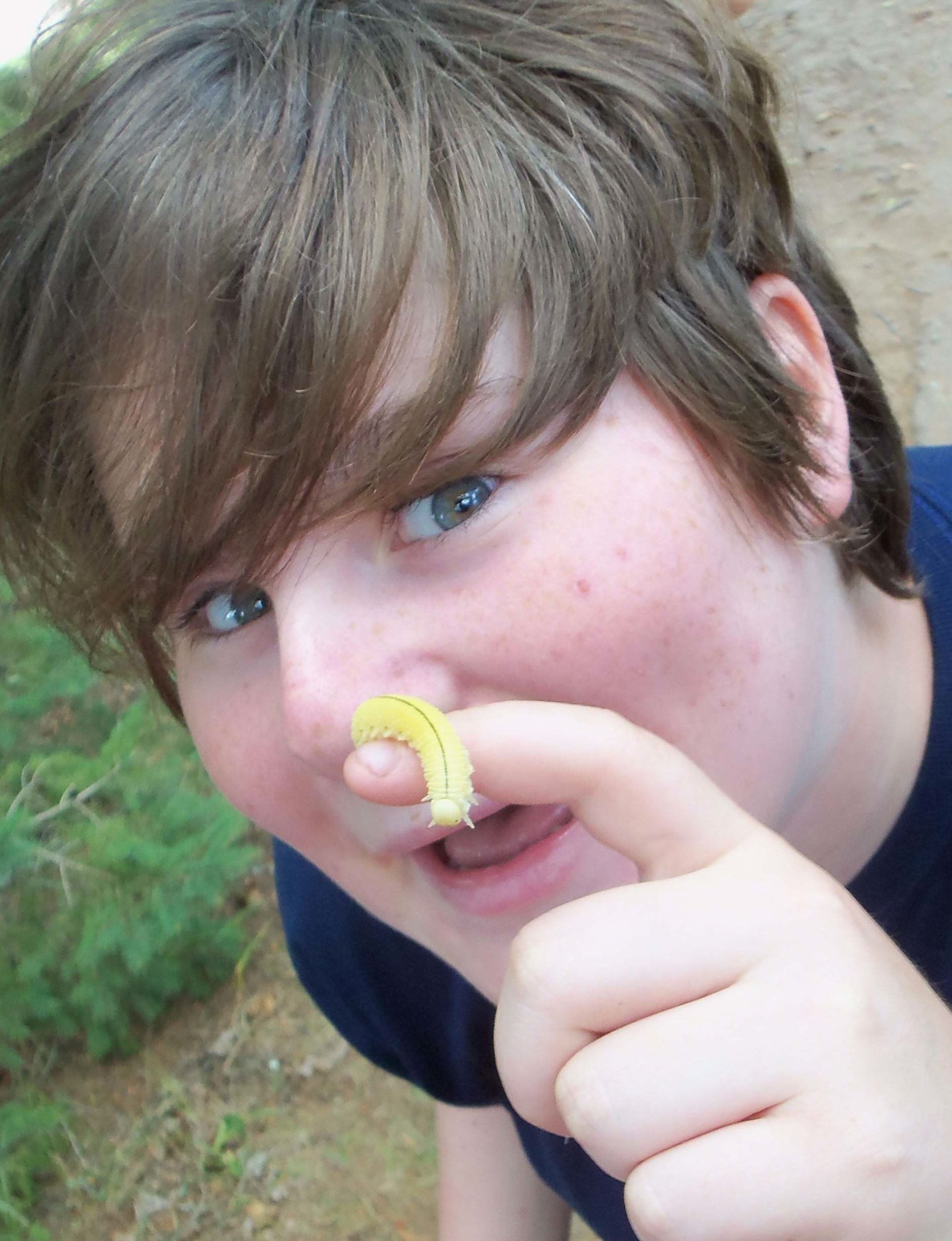 As we all know connections are so important with our children. As a parent I have to say their are times that I think back to those younger years and think about how easy it was. You pick up a Dr. Suess book or play Hands Down and life is good. However, as kids get older and enter teendom they want to be independant and break away from us Parental Units, this is natural. But here are a few things we can do to bring back those connections. that we know we need to keep.
As we all know connections are so important with our children. As a parent I have to say their are times that I think back to those younger years and think about how easy it was. You pick up a Dr. Suess book or play Hands Down and life is good. However, as kids get older and enter teendom they want to be independant and break away from us Parental Units, this is natural. But here are a few things we can do to bring back those connections. that we know we need to keep.